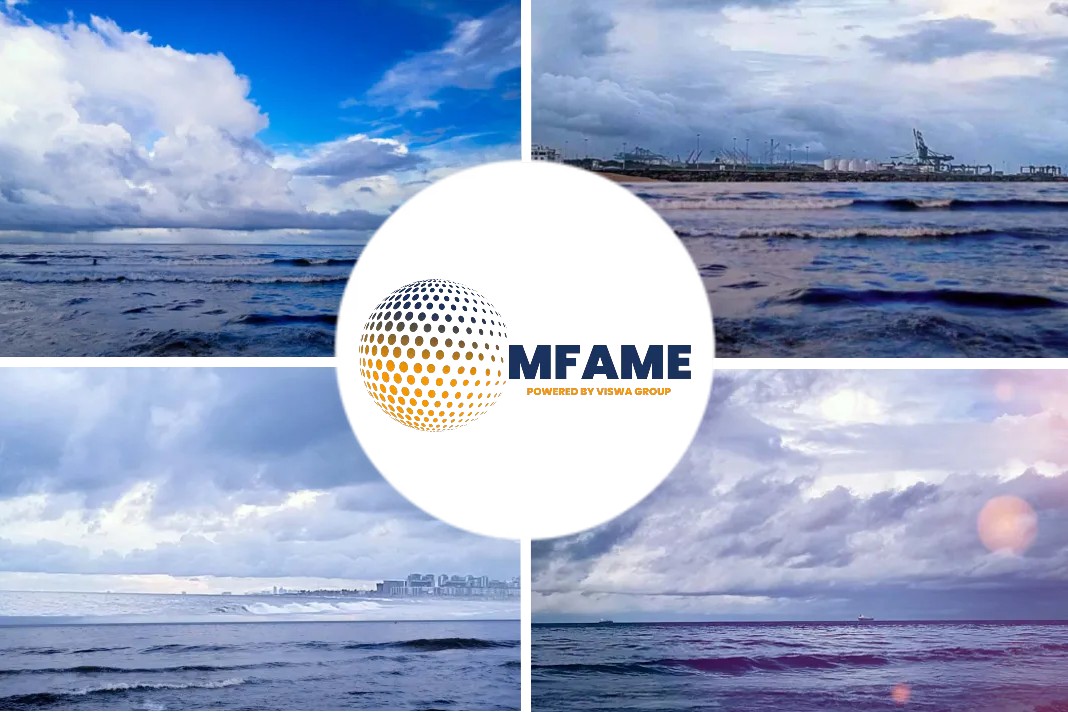The global Liquefied Natural Gas (LNG) as a bunker fuel market was valued around US$ 550 million in 2017, and is expected to register a CAGR of over 8.5%, says an article published on AOG website.
European LNG market dominance
The bunker fuel market revenue value is expected to reach US$ 1,263.2 million in 2026.
According to a market research report, based on the region the market is segmented into US, Europe, China, India, Japan, and Southeast Asia.
Europe market is expected to dominate the global LNG as a bunker fuel market, and it accounts for largest market revenue over US$ 260 mn in 2017 as compared to that of markets in other regions.
Dominance by Europe market is expected to continue over the forecast period with comparatively higher CAGR than that of other regions, owing to higher demand among consumers in countries in the region.
Europe adopted IMO 2020 mandate from 2017
International Maritime Organization (IMO) mandate for sulphur reduction to 0.5% in ECAs is expected to be imposed from 2020; however, Europe is the first region to adopt this change from 2017 by using LNG as a marine fuel.
Revenue growth of the market in Europe is primarily driven by increasing capital investments for LNG bunkering coupled with increasing seaborne trade from this region.
How is LNG advantageous?
LNG is used as a marine fuel and it offers various advantages for the ships. LNG as ship fuel will reduce sulphur oxide (SOx) emissions by 90% – 95%.
Lower carbon content of LNG compared to conventional ship fuels enables a 20-25% reduction of carbon dioxide (CO2) emissions.
Environmental benefits related to the consumption of LNG as marine fuel is expected to drive the market growth over the forecast period.
LNG fuel is inexpensive but retrofit?
LNG fuel in itself may be inexpensive, but cost and time needed to retrofit or new-build a ship with a dedicated LNG propulsion system are relatively high.
By comparison, SOx scrubbers require a smaller initial investment and take less time to install.
LNG system requires additional safety measures
Once installed, an LNG-burning system is complex, requiring additional measures to ensure safe operation, maintenance and refueling.
Lack of a consistent regulatory framework for safety and security protocols poses an additional problem which in turn limits the market growth over the forecast period.
Major revenue share to maintain dominance
On the basis of navigation area, the LNG as a bunker fuel market includes inland waterways and ocean & sea. Ocean & sea segment is expected to contribute major revenue share and expected to maintain its dominance over the forecast period.
Among all the application segments, LNG ships segment is expected to register highest CAGR over 9.0%.
Why shift to LNG fuel?
- Shipping is considered a vital mode of transport and it is estimated that LNG ships account for a mere 3% of global carbon emissions.
- The latest IMO mandates sulphur emissions to be lowered to 0.5%, has given rise to several alternatives for ship owners, one being switching to LNG fuel.
Key players operating in the global LNG as a bunker fuel market include Royal Dutch Shell Plc, Gasum Oy, Statoil ASA, Barents Natural Gas AS, The Linde Group, ENGIE SA, Korea Gas Corporation, Kunlun Energy Company Ltd., Eni s.p.A, CNOOC Limited, and Energize.
Did you subscribe to our daily newsletter?
It’s Free! Click here to Subscribe!
Source: AOG






















